News
News / 03/25/2022 / 1581
These days, in vineyards across Serbia, you will notice pruners trying to finish pruning before the vines start springing. The knowledge of pruning is of crucial importance because insufficient knowledge and lack of pruning experience will reflect subsequently numerous problems, affecting the quality and quantity of the harvest.
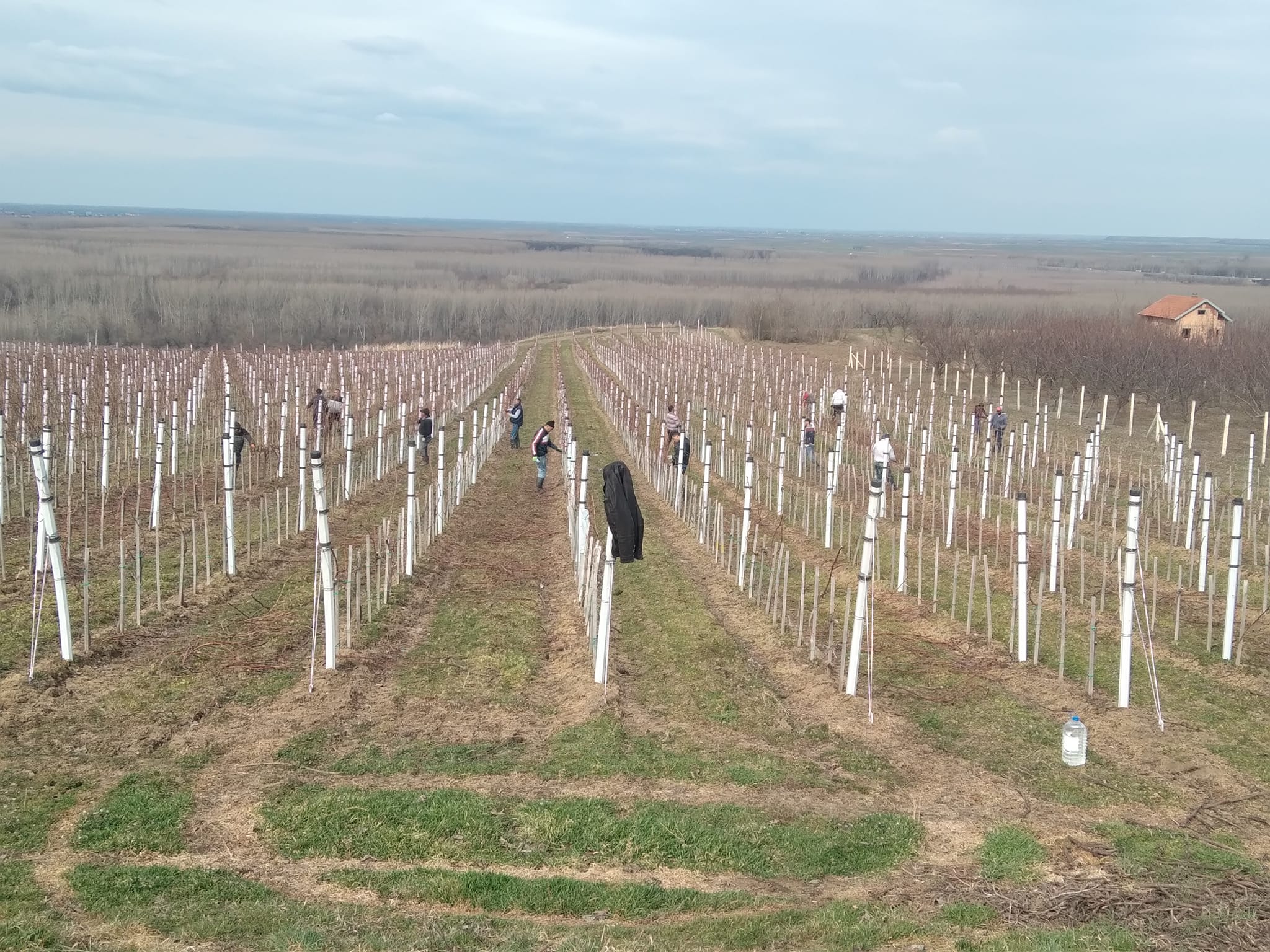
In Serbia, pruning is taught primarily in the formal school system, as part of classes in secondary agricultural schools and at the agricultural faculty. Unfortunately, there is no system of additional training, vocational and similar courses as one can find in developed wine countries such as Spain, France, Italy. Therefore, winemakers are forced to independently organize training for seasonal workers before the start of pruning or to hire experienced groups of pruners who frequent vineyards throughout Serbia according to an agreed schedule and perform pruning activities in the vineyards.
This season I had the opportunity to spend time with pruners led by Stefan Ristić, a young fellow from Leskovac region. Stefan has been pruning vineyards for 8 years, and he set up his group of workers a year and a half ago. Stefan points out that it is important to him that the guys from his group do the pruning meticulously and correctly, and in viticulture, as in any other business, the quality of the work done is vitally important. However, my impression was that the boys were extremely skilled with pruning shears, and thus the speed with which they master rows of vineyards is also evident. Stefan has a well-coordinated team of 15 pruners in the group and they cooperate with wineries from all over Serbia, but in recent years they have been mostly present in the vineyards of Fruška Gora (North Serbia).
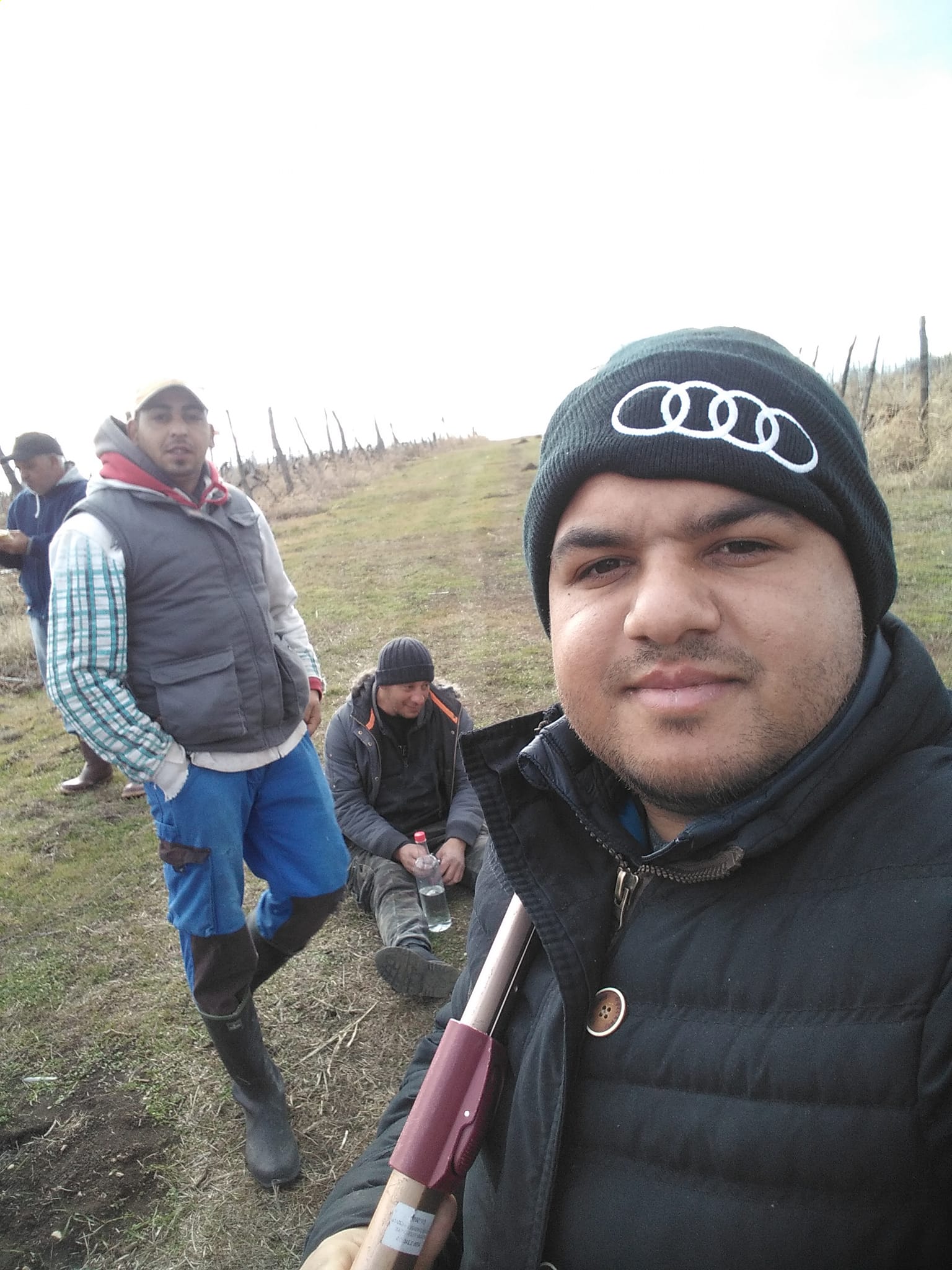
Stefan is probably the right person with whom we can talk about the expansion of winemaking in Serbia, because he witnesses it every day while working. Stefan notes with a smile that there are more and more wineries and vineyards all over Serbia and that there is enough work for experienced pruners.
It is noticeable that there are mostly young guys in his team, which is not often the case, despite the fact that the daily wages for this type of engagement are increasing more and more, not only in our country but throughout Europe. Stefan says that it was not difficult for him to find young guys who like to prune vines and that over time they formed a well-coordinated team.
While I was spending time with Stefan and his pruners in the vineyards of Fruška Gora, the weather was quite kind to us because they were pruning in sunny weather with the exception of the cool wind coming down from the peaks of Fruška Gora. However, working outdoors in the winter is not the hardest part of the job for Stefan, since he likes pulling out the pruned shoots the least.
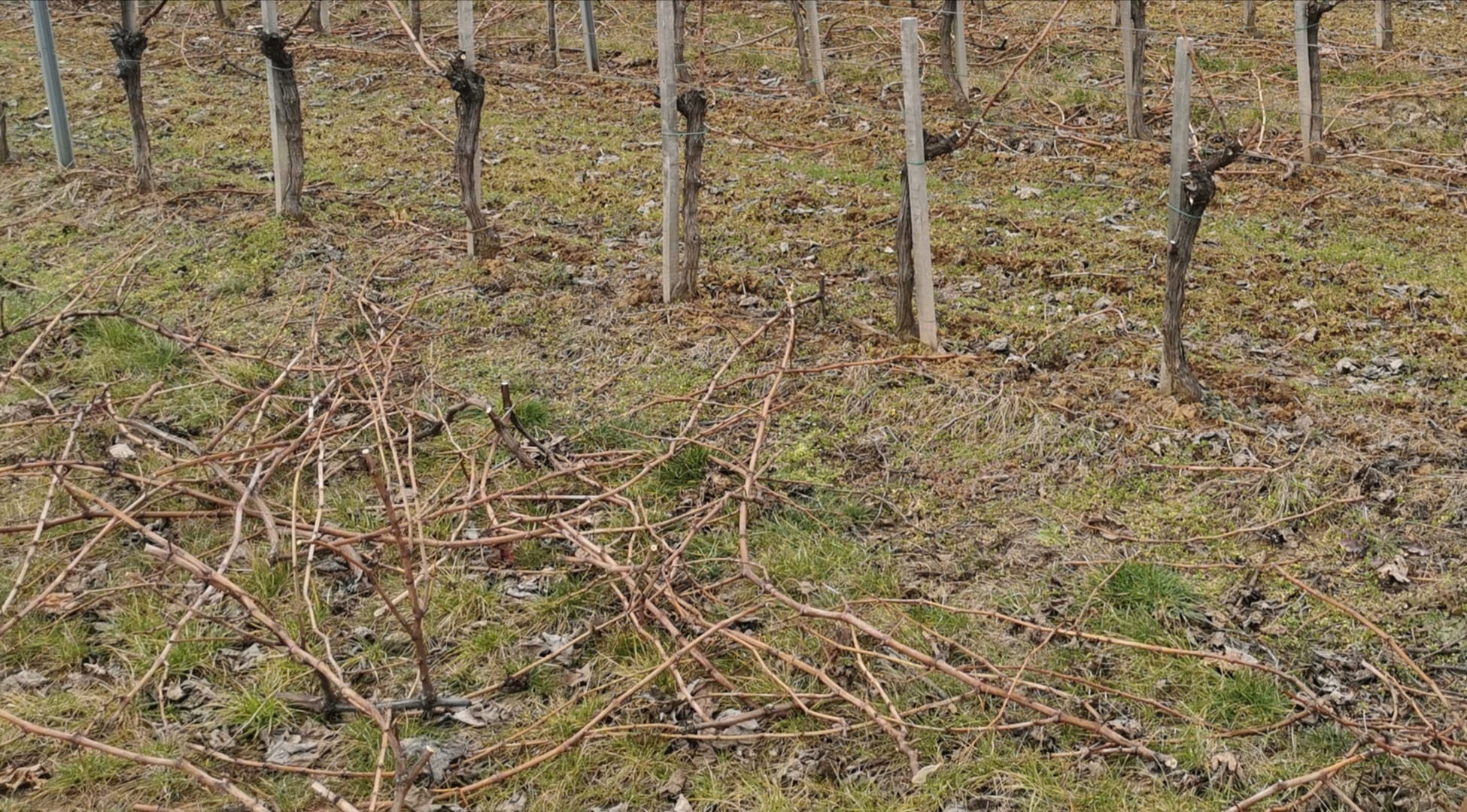
Stefan points out that Serbian winemakers generally insist on the quality of the wine they produce, so it is more important for them that the vineyards are well pruned and that they do not create a problem regarding the duration of pruning, but of course the workers try to achieve both quality and speed because immediately after the completion of the vineyard works in one winery, they move on to the next winery, which means more daily wages for workers.
Stefan and his workers are not only engaged in pruning, but during the year they also perform other tasks in the vineyards, from planting, tying shoots, green harvest to grape picking.
After a full day of pruning, I ask what wines Stefan likes to drink in his moments of rest. Given that he is from Leskovac region, I could have assumed that his choice would fall exclusively on red wines, and his favorite variety is Merlot. And it is not surprising, since there is a lot of Merlot in Serbian vineyards, and we can find excellent Merlot wines from all wine regions in Serbia.
At the end, I asked Stefan if there is room for cooperation with more wineries or if he has formed a certain number of wineries with which he works regularly, and Stefan professionally answers that the wineries should contact him on time, so there will always be a slot in his calendar owing to good organization. (in case of need, contact phone Stefan Ristić: 062-1064930).
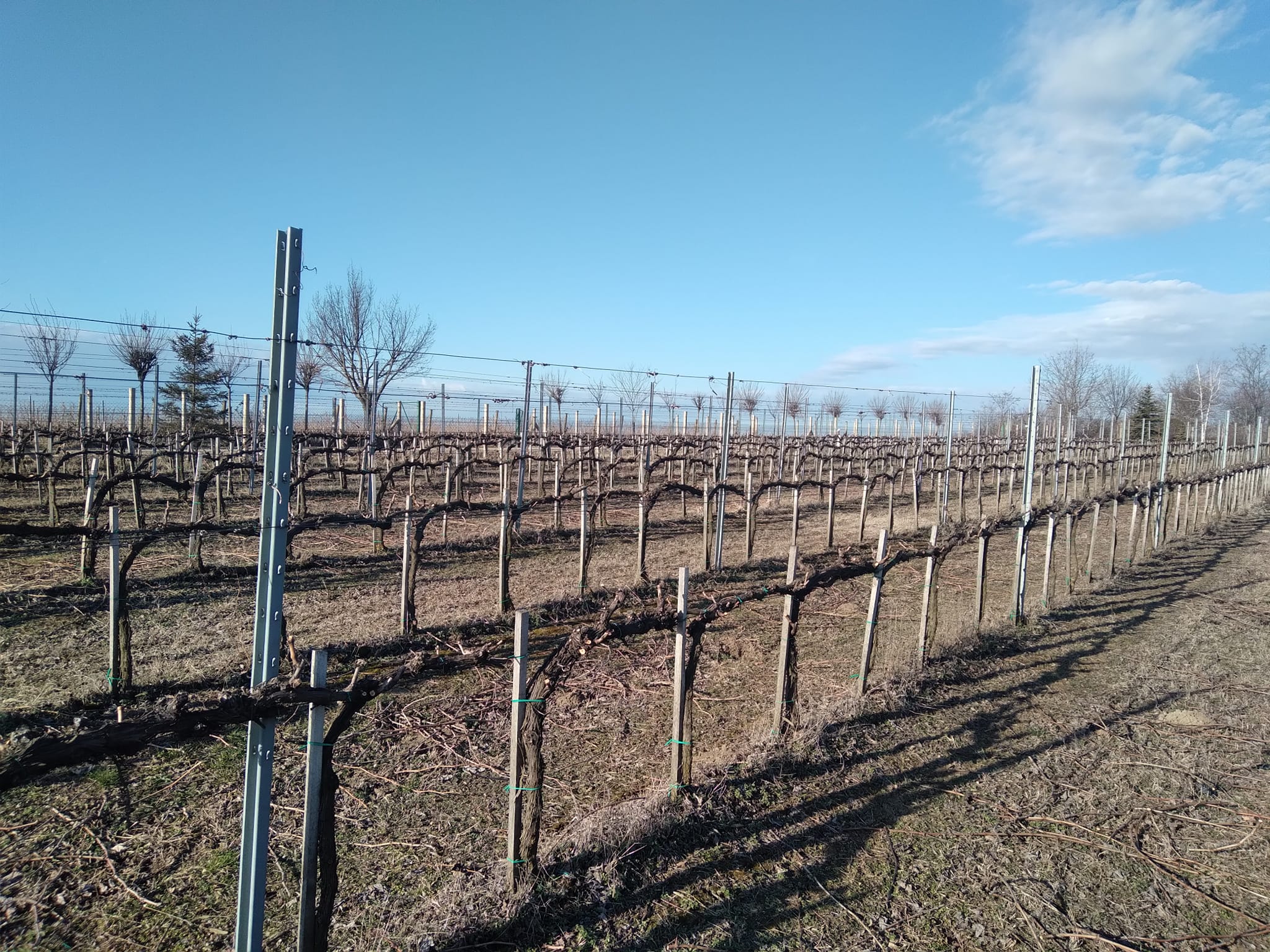
And what's the situation like in Croatia?
In Croatia, winemakers also have difficulties in securing professional labor for pruning.
This season, the Faculty of Agriculture in Zagreb organized the adult training program for winegrowers and winemakers "Grapes and wine - from the vineyard to the table" in cooperation with the Agency for Vocational and Adult Education and the Ministry of Science and Education. The course is intended for those who are already involved in the production of wine and grapes (both amateur and professional), but also for beginners who want to work in the vineyard or wine cellar. Education is led by professors of the Faculty of Agriculture. After completing the one-year course (88 hours of theoretical and 112 hours of practical classes), participants obtain a certificate of trained winegrowers and winemakers, which is accepted as formal education qualification.
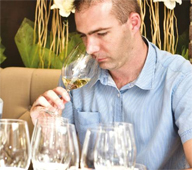
Tomislav Ivanović
Awarded wine writer, wine critic and contributor to selected wine magazines. WSET3-certified author and editor-in-chief of www.vinopedia.rs. Member of Vojvodina Sommelier Association. Juror in national and international wine competitions. Lecturing about wines of Serbia and the Balkans. Local partner of Wine Mosaic organization. Co-founder of International Prokupac Day.
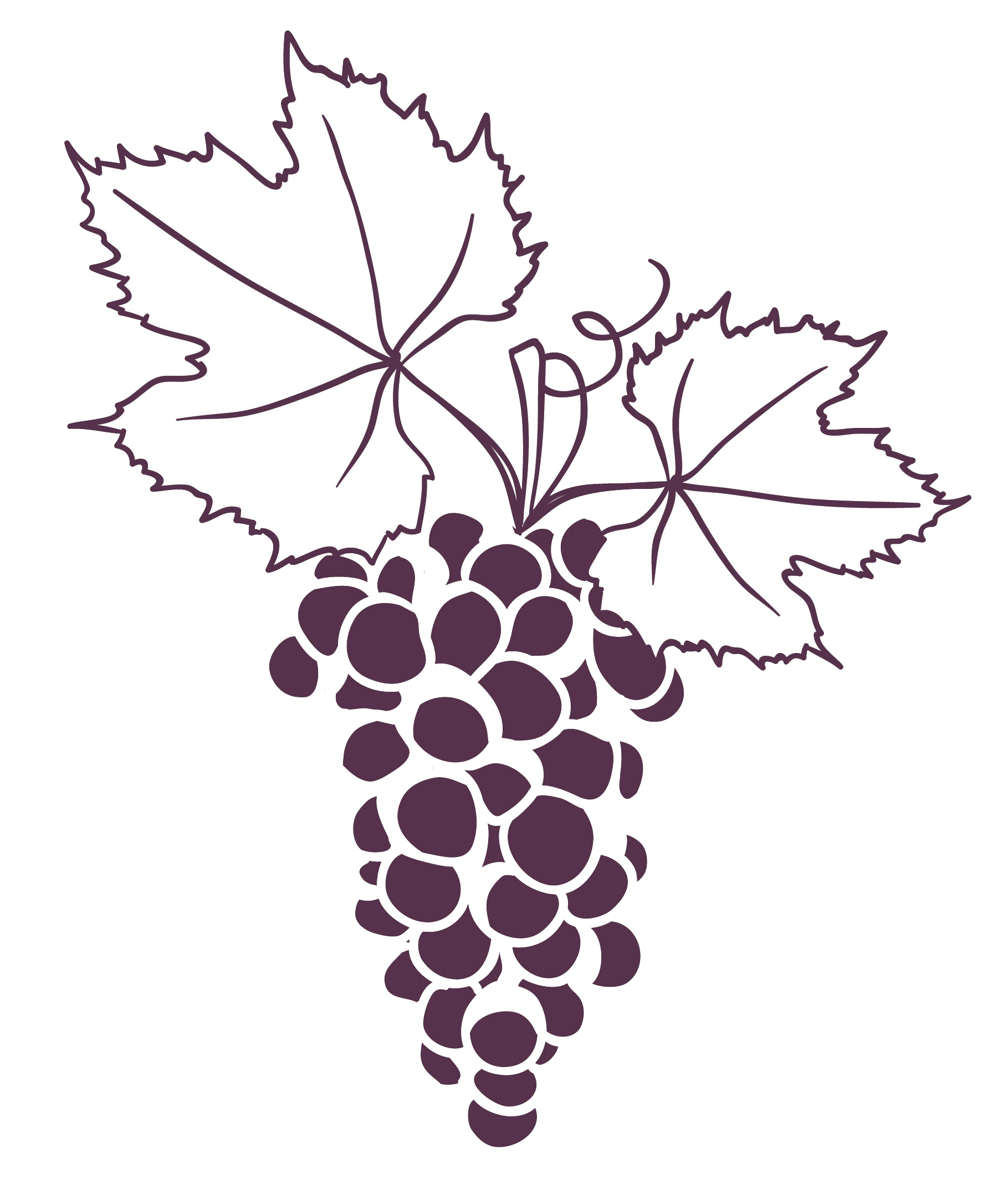
Pročitajte i druge članke iz ove rubrike:
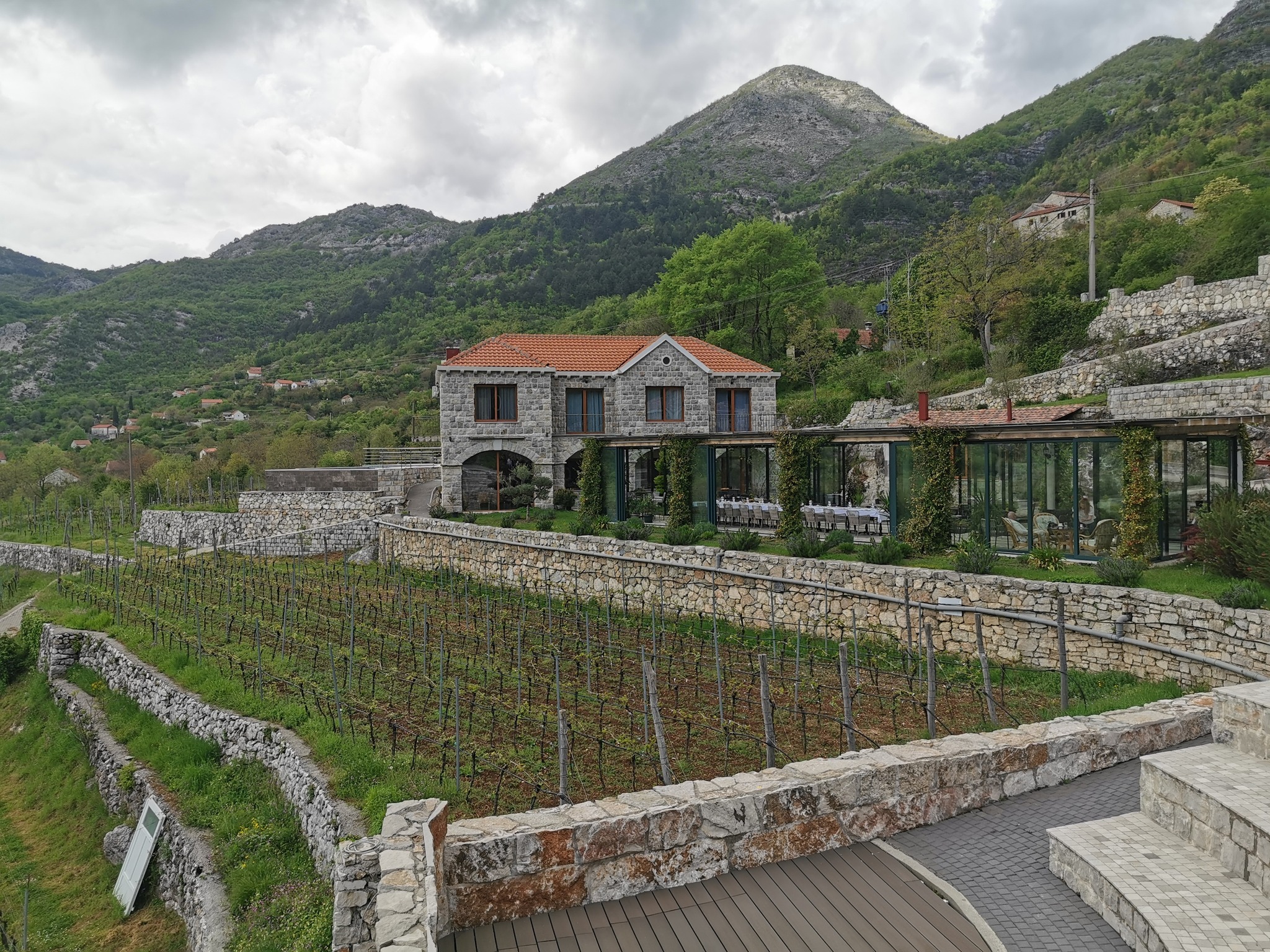

KRATOŠIJA PROBUDILA CRNOGORSKE VINARE
PROČITAJ VIŠE
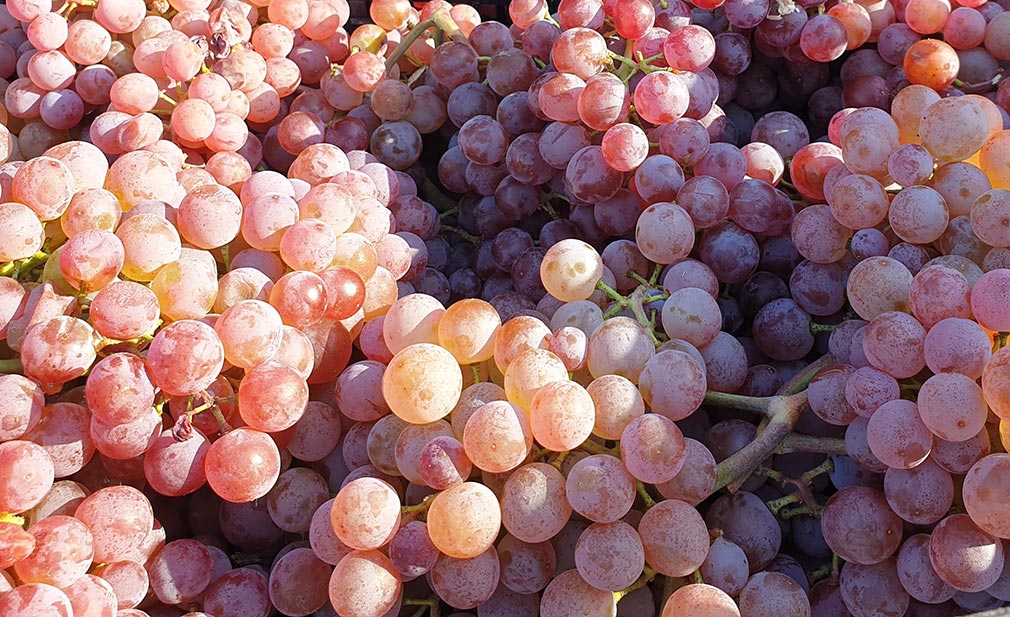

VINOPEDIA TOP 10 2024
PROČITAJ VIŠE
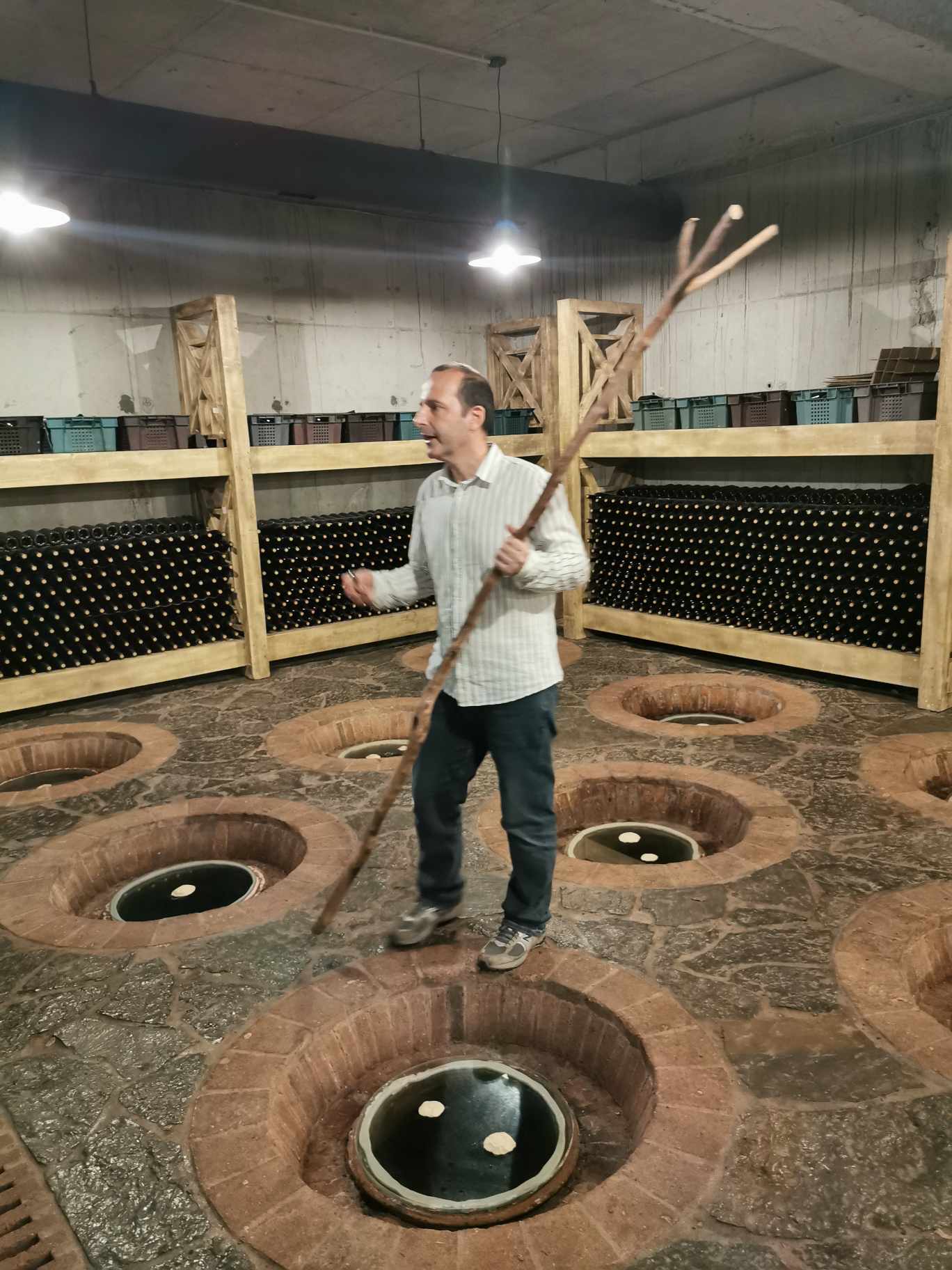

GIUAANI - VINSKI TURIZAM NA GRUZIJSKI NAČIN
PROČITAJ VIŠE
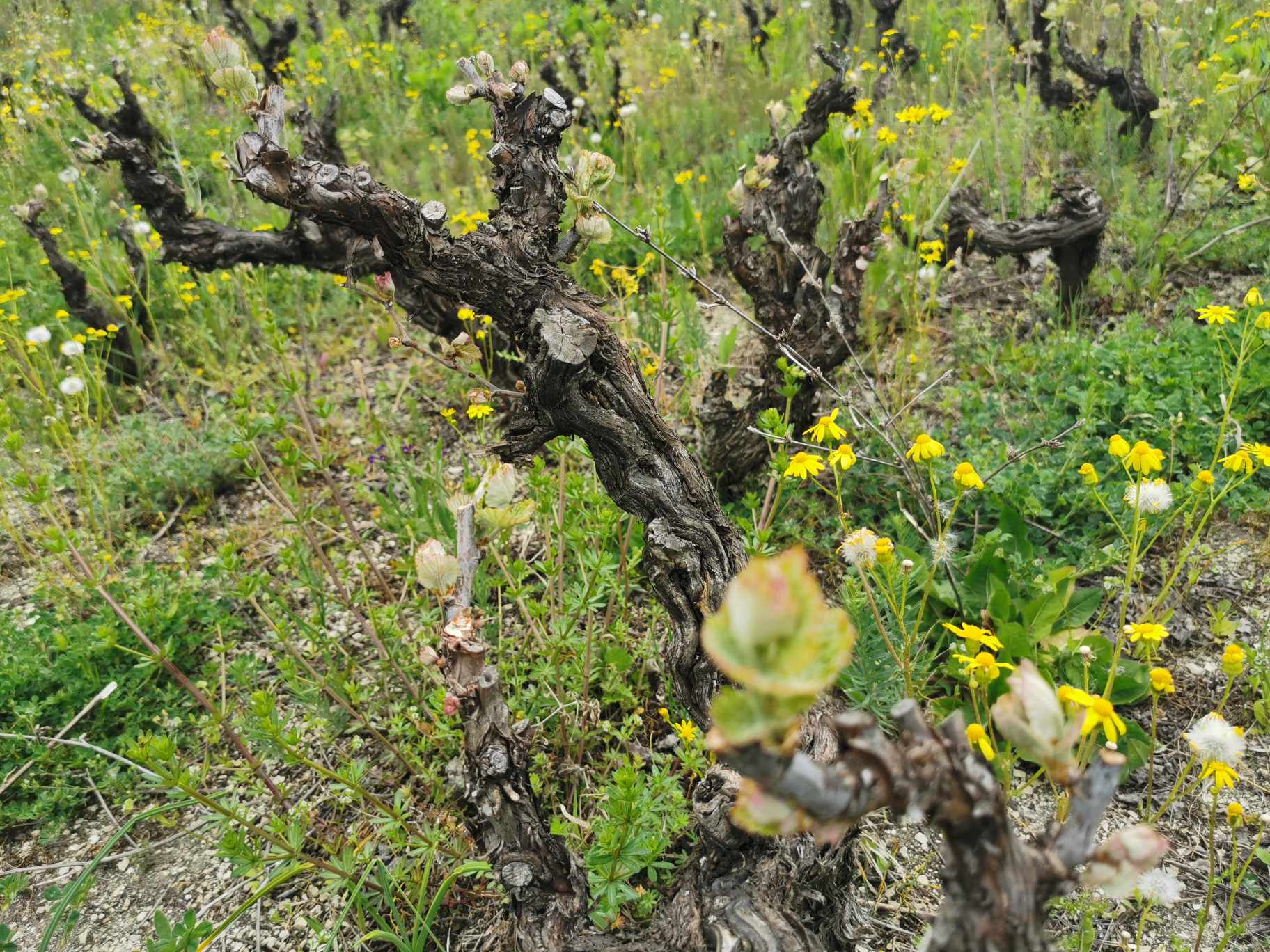

SPASIMO STARE VINOGRADE SRBIJE
PROČITAJ VIŠE
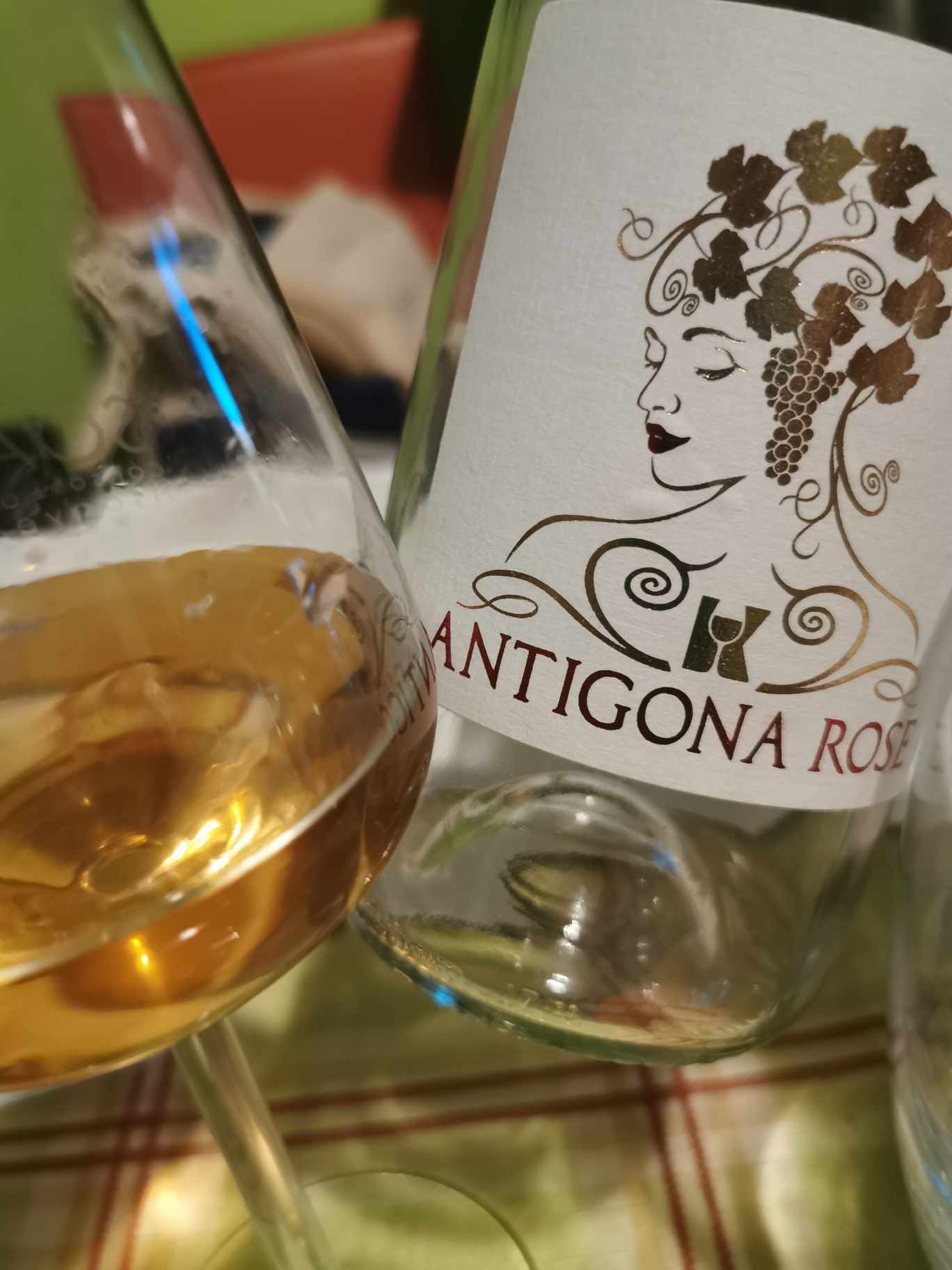

NAŠLI SMO ANTIGONU IZ ORAHOVCA
PROČITAJ VIŠE
Winner MILLESIMA BLOG AWARD 2016

Pobednik MILLESIMA BLOG AWARD 2016
VINO & FINO wine personality of the year 2016
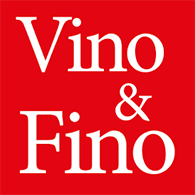
VINO & FINO vinska ličnost godine 2016